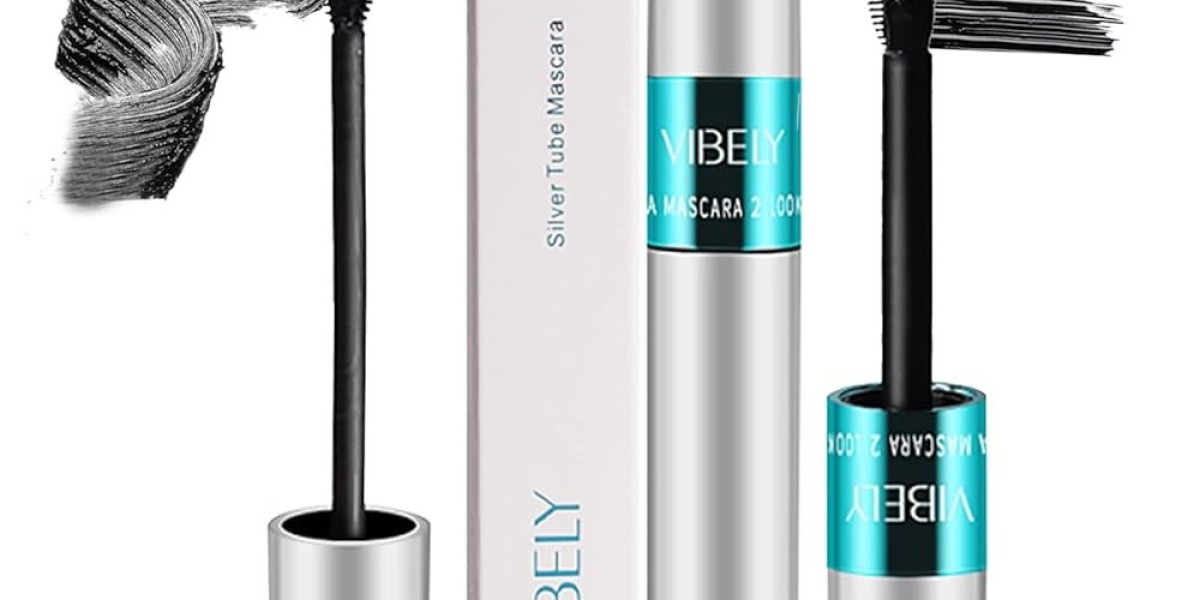Working in a shop without proper hand protection is like driving without a seatbelt. Your hands face constant dangers from sharp tools, hot surfaces, and harmful chemicals. The right shop gloves can save you from serious injuries and keep your hands healthy for years.
Let's explore everything you need to know about choosing and using protective gloves in your workspace.
Why Hand Protection Matters in Any Workshop
Your hands perform countless tasks every day. They handle rough materials, operate power tools, and touch surfaces you can't always see clearly. Without protection, small cuts can become infected wounds. Minor burns can leave permanent scars.
Workshop accidents happen fast. A slip with a blade, contact with a hot pipe, or exposure to cleaning chemicals can injure you instantly. Good gloves act as your first line of defense against these hazards.
Statistics show that hand injuries account for nearly 25% of all workplace accidents. Most of these injuries could be prevented with proper protective gear.
Different Types of Workshop Gloves
Not all protective gloves work the same way. Each type serves specific purposes and offers unique benefits.
Leather work gloves provide excellent protection against cuts and punctures. They're durable, breathable, and comfortable for long wear. However, they don't protect against chemicals or extreme heat.
Nitrile gloves resist oils, chemicals, and punctures better than other materials. They fit snugly and allow good dexterity. These work great for automotive repairs and chemical handling.
Cut-resistant gloves use special fibers to prevent blade injuries. They're essential when working with sharp tools, glass, or metal edges. Modern versions are surprisingly flexible and comfortable.
Heat-resistant gloves protect against burns from welding, foundry work, or handling hot materials. They use materials like Kevlar or leather with special coatings.
Chemical-resistant gloves create barriers against acids, solvents, and other hazardous substances. Different materials protect against different chemicals, so choose carefully.
Choosing the Right Size and Fit
Proper fit makes all the difference in glove performance. Loose gloves reduce dexterity and can catch on machinery. Tight gloves cause fatigue and may tear more easily.
Measure your hand circumference around the knuckles, excluding your thumb. Most manufacturers provide sizing charts based on this measurement. When in doubt, try gloves on before buying.
Your gloves should feel snug but not restrictive. You should be able to make a fist comfortably and pick up small objects without struggling.
Key Features to Look For
Quality shop gloves include several important features that improve safety and comfort.
Grip enhancement comes from textured palms and fingers. This prevents tools from slipping and reduces hand fatigue during long tasks.
Reinforced areas at the palm, thumb, and fingertips extend glove life significantly. Look for double-layer construction in high-wear zones.
Breathable materials prevent excessive sweating and discomfort. Some gloves include ventilation holes or moisture-wicking liners.
Extended cuffs protect your wrists and lower arms from splashes, sparks, and debris. This feature is especially important for welding and chemical work.
Easy removal becomes crucial when gloves get contaminated. Look for designs that let you remove them safely without touching the exterior surface.
Safety Standards and Certifications
Professional-grade protective gloves meet specific industry standards. These certifications ensure consistent quality and performance levels.
ANSI/ISEA standards rate gloves for cut resistance, puncture resistance, and abrasion resistance. Higher numbers indicate better protection levels.
CE marking shows compliance with European safety standards. This certification covers impact protection, chemical resistance, and thermal protection.
NFPA approval indicates suitability for firefighting and emergency response work. These gloves undergo rigorous testing for heat and flame resistance.
Always check certification labels before purchasing. Uncertified gloves may not provide adequate protection when you need it most.
Proper Care and Maintenance
Taking care of your protective gloves extends their life and maintains their protective qualities.
Clean gloves regularly using appropriate methods for each material type. Leather gloves need different care than synthetic materials.
Inspect gloves before each use for holes, cracks, or worn areas. Damaged gloves provide false security and should be replaced immediately.
Store gloves properly in clean, dry locations away from direct sunlight. Heat and UV rays can break down protective materials over time.
Rotate multiple pairs to allow complete drying between uses. This prevents bacterial growth and extends glove life.
Common Mistakes to Avoid
Many people make simple errors that reduce glove protection and comfort.
Using the wrong glove type for specific tasks creates unnecessary risks. Chemical gloves don't protect against cuts, and cut-resistant gloves don't stop chemical burns.
Ignoring size requirements leads to poor performance and increased injury risk. Always measure your hands and follow sizing guidelines.
Continuing to use damaged gloves because they're "still mostly good" defeats the purpose of protection. Replace worn gloves immediately.
Forgetting to clean contaminated gloves can spread harmful substances to other surfaces and people.
Where to Buy Quality Protective Gloves
Shop gloves in Baltimore are available through various retailers and suppliers. Local safety equipment stores often stock extensive selections and provide expert advice.
Online retailers offer competitive prices and convenient delivery options. However, fitting can be challenging without trying gloves on first.
Industrial supply companies typically offer bulk pricing for businesses and serious hobbyists. They also carry specialized gloves that regular stores don't stock.
Shop gloves in Baltimore can also be found at major home improvement stores, though selection may be limited to basic types.
Making Smart Purchasing Decisions
Budget considerations matter, but don't compromise on safety. Cheap gloves that fail when you need them most are no bargain at all.
Consider how often you'll use the gloves and what tasks you'll perform. Heavy daily use justifies higher-quality, more expensive options.
Buy multiple pairs if you work with different materials or chemicals. Having the right glove for each task improves both safety and productivity.
Keep spare pairs available for when your primary gloves wear out or become contaminated during use.
Taking Care of Your Most Important Tools
Your hands are irreplaceable tools that deserve the best protection available. Quality shop gloves are an investment in your long-term health and productivity.
Don't wait until after an accident to upgrade your protective equipment. Choose appropriate gloves now, maintain them properly, and replace them when needed.
Remember that the best gloves are the ones you actually wear consistently. Find comfortable options that provide necessary protection without interfering with your work.
Stay safe, work smart, and keep your hands protected for years of productive workshop time ahead.







